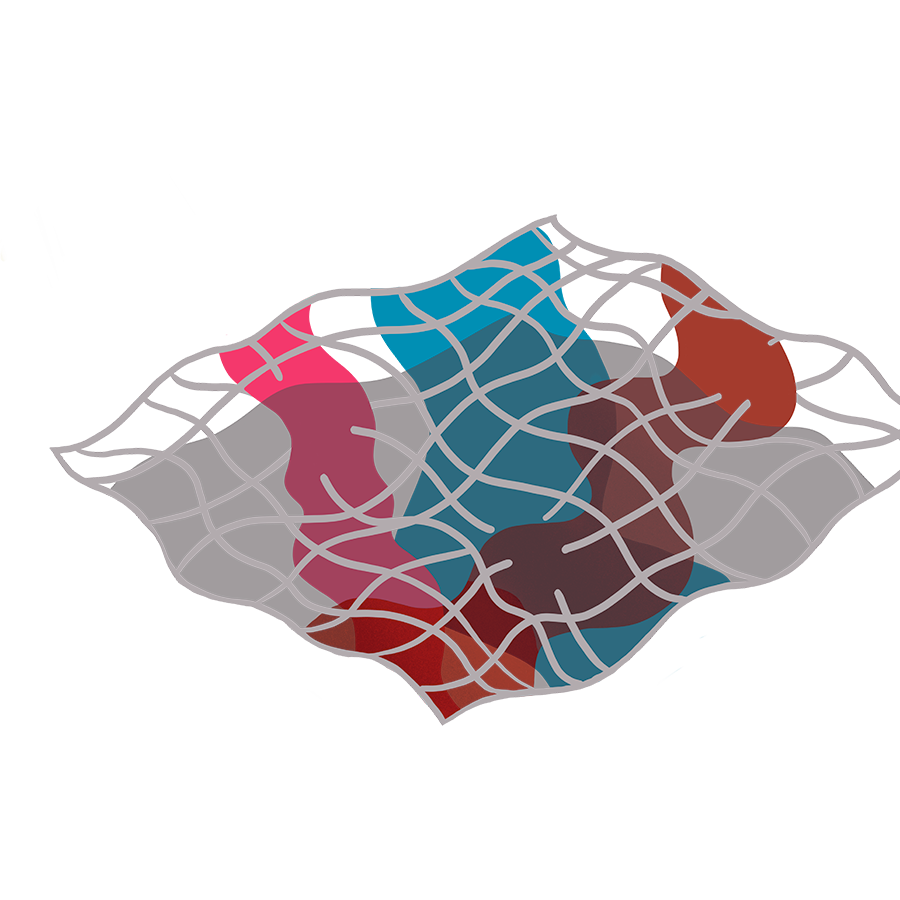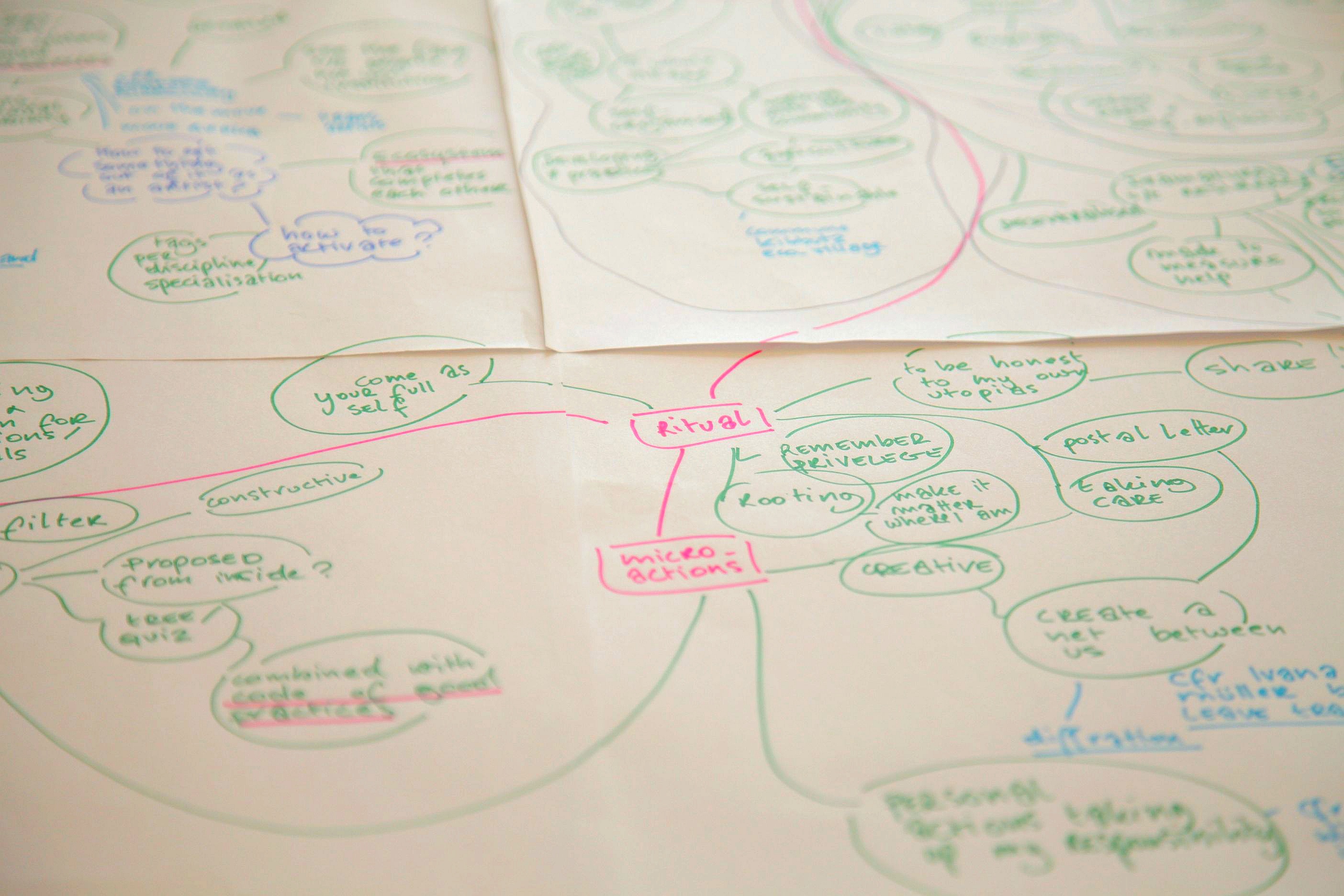The notion of transnationality/postnationality offers a tempting perspective. Travel and working within an international setting still holds the promise of inspiration, a shift of mindset.
Imagining an art field ‘after the national’ implies getting rid of currently dominating patterns of thinking and operating, that most often represent the dominant structure of national states. However, we should question to which extend this promise is a misleading fantasy. The actual political map does affect our professional and private lives on an everyday basis; shaping our ways of thinking and enabling or interrupting relations. Where for some the national borders seem pretty symbolic, for others they are very real barriers, prohibiting any free mobility. It quickly becomes clear that a free exchange of thoughts, practices and experiences still remains a luxury for the privileged few. There is an inherent risk in the dream of the post-national. As working internationally it is becoming a practice that gets deeply intertwined with the market-logics of the art world and its definitions of success, the question of access to mobility and which thought and practices are being exchanged and reproduced gets more pertinent. Where is the way out?
As a group of art makers, thinkers and researchers we want to reflect and practice the possible and impossible modes of being-within the arts field from our respective diverse socio-political and economic contexts. Our aim is to look for ways out of the currently dominating patterns of art production and knowledge exchange, while readressing the notion of mobility itself. Is it a value we want to defend or rather an obstacle to overcome? What are the alternatives to the existing models of co-production, touring and artist-in-residencies programs? Why do the most prominent festivals always present always the same few names, thus reproducing the existing hierarchies and homogenous aesthetics?
What seems crucial in the current situation in Europe and beyond is to imagine anew the ways of gathering and instituting ourselves: out of dominating structures, but not neglecting its challenges.
prototype


